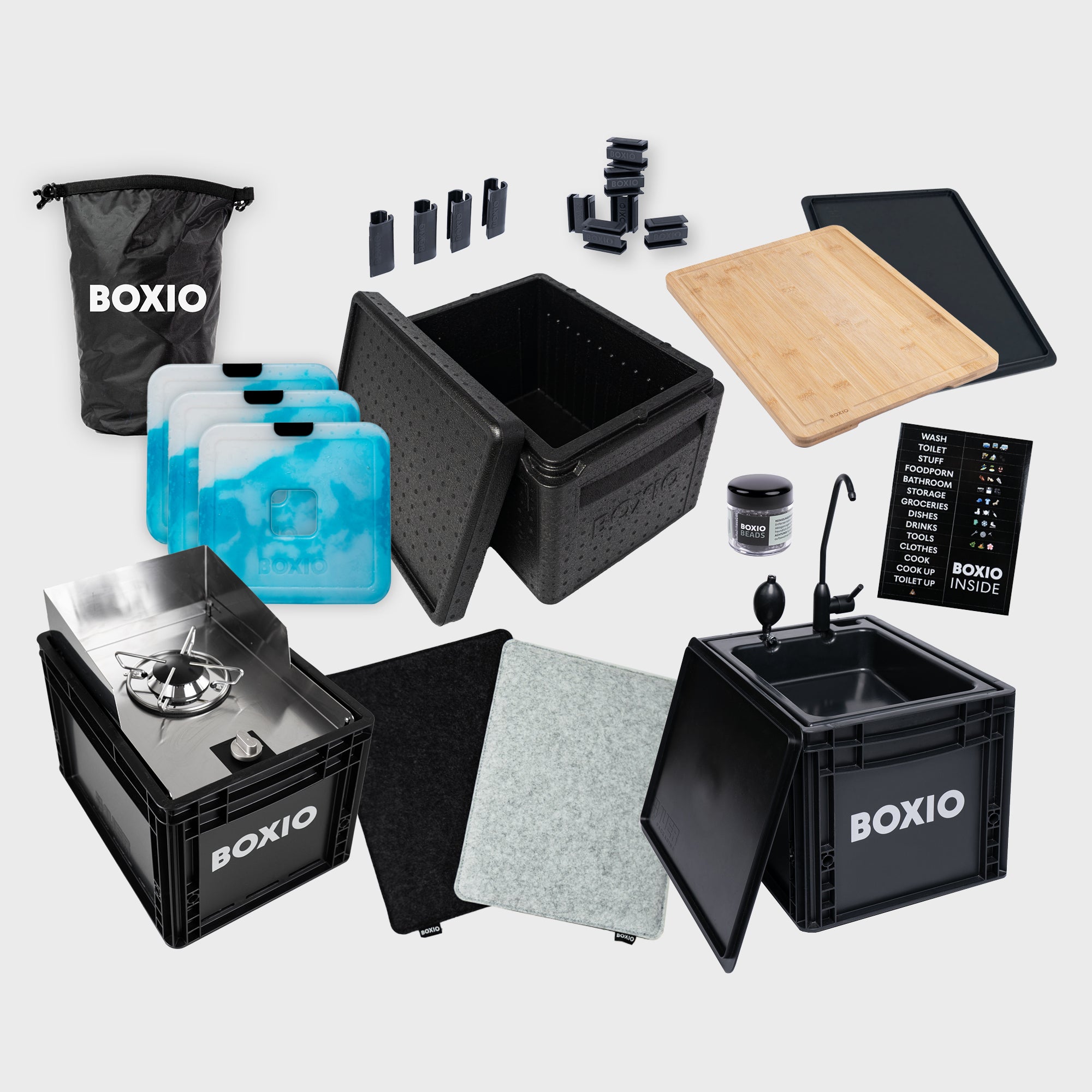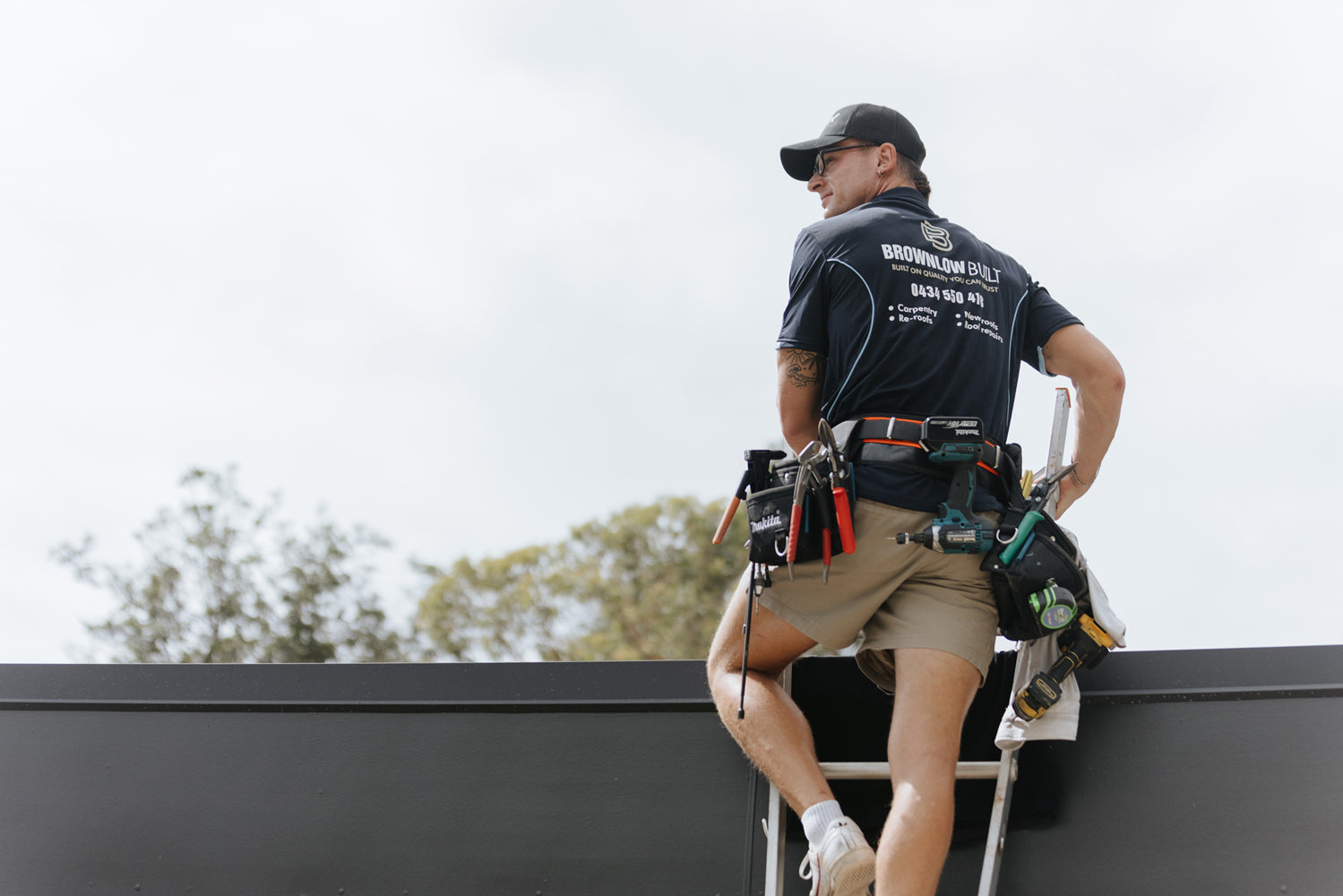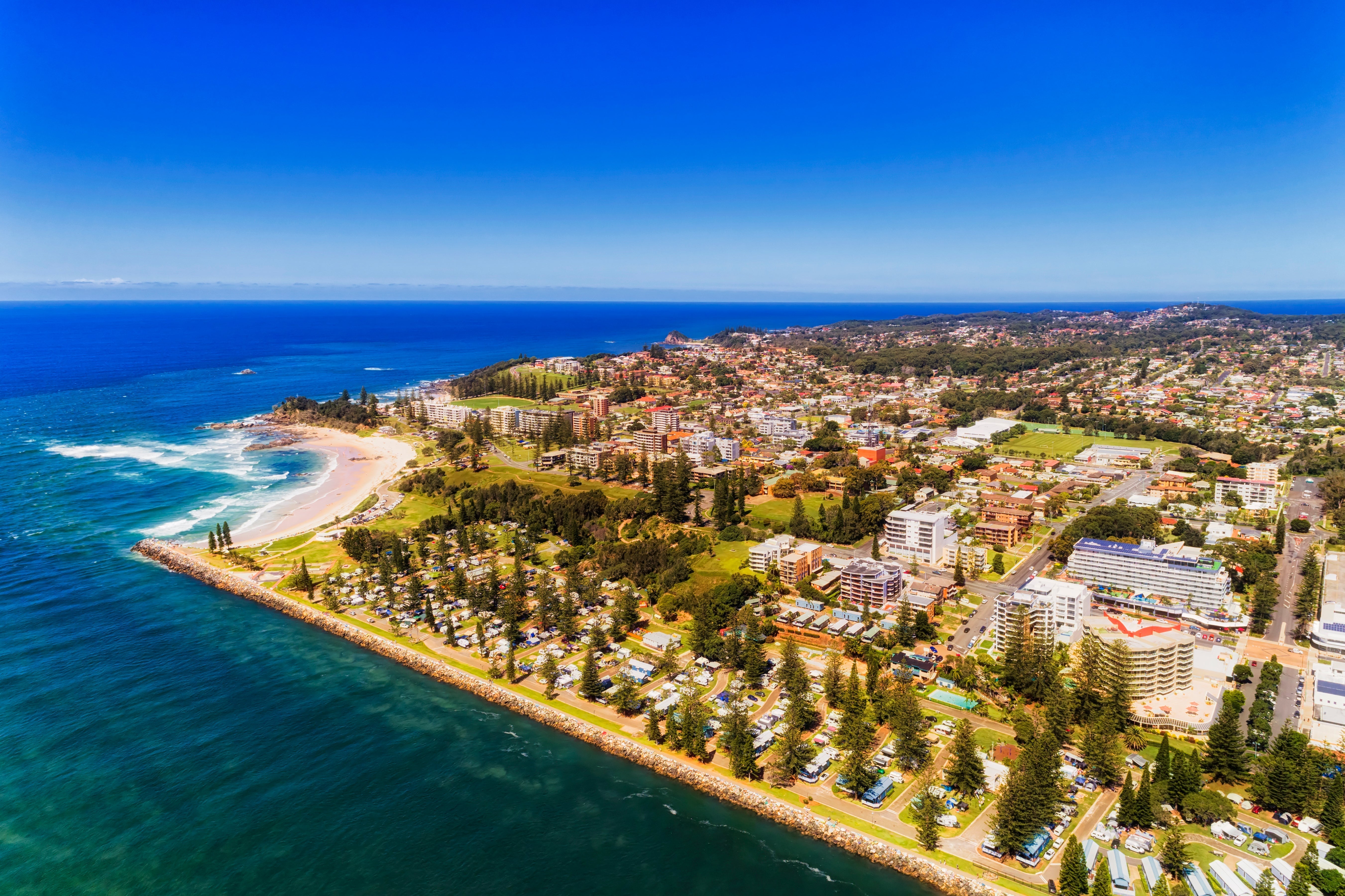Crazy - Suddenly almost 3 months have passed since the last blog. It's the end of November and here in Queensland the harvest season for the "good" fruit is slowly starting for the farmers and backpackers. Today I would like to explain to you exactly what I mean by "good". But before I get into my experience report, I want to answer the most important questions that most people ask themselves in a short Q&A. So, let's go!
Farmwork Q&A
Why farmwork in Australia?
Quite simply, Australia is one of the largest agricultural operators and grows an extremely wide variety of vegetables, fruits and grains. This means that this sector offers a lot of jobs, with or without previous experience. And I think I'm right in saying that statistically very few people from Germany have actually worked on a farm, so it's something completely different!
Types of farm work
There is the classic harvest work on plantations, but also off-season preparatory or follow-up work such as pruning trees and maintaining irrigation systems. Then, of course, there are also animal farms such as horse farms, where stable work has to be done, or dairies, where the cows have to be cared for, fed and milked.
How to find a farm job in Australia
There are various options here. It is always helpful to talk to other backpackers and make contacts. You can also find interesting job advertisements in hostels from time to time. However, if you really want to take the initiative, you should read through all the Facebook groups and hope for the right job offer. Then of course there are websites such as Backpackerjobboard.com.au, where you can create your application documents once (ideally with some effort) and then apply for many different jobs with just one click.
In which areas can I find farm work in Australia?
Basically, I would say all over the country. However, the concentration of countless farms with harvest work is in and around Bundaberg in Queensland. But if you want to do something completely different, you can also find out about pearl farms in Broome in Western Australia.
When is there farm work?
The harvest season in Queensland, for example in the Bundaberg region, usually starts in November and then continues with the long avocado season until the end of August or even the beginning of September. The macadamia season even lasts until October, which means there is work all year round.
Advantages of farm work in Australia
Probably the biggest advantage is the experience itself. You learn a lot about farming, you work outside in the wind and weather (ideally when the sun is not too hot) and you are physically active. I say if you want more work, you can always do more. There's always something to do on the farm. Apart from that, you also get to meet new people. Be it other backpackers or Australians who are passionate about their farm, the work and the lifestyle. And of course, if you work a lot and have less time and opportunities to spend money, you can also save a lot of money as you may live a little further inland.
Challenges of farm work in Australia
The weather is definitely a challenge. In summer, temperatures can climb up to 40 degrees, followed by the heaviest rainfall you can imagine. All of this and the work itself naturally takes its toll on the body. It may all seem impossible to cope with, especially at the beginning.
Tips for farm work
If you have any questions or uncertainties, always have the courage to ask. Make sure you drink enough, especially when it's hot, and make sure you apply enough sunscreen to your skin. Have the confidence to try something new and don't be too shy. Nobody expects you to master everything straight away. Because as they say, practice makes perfect.
BOXIO SANITARY | Mobile bathroom
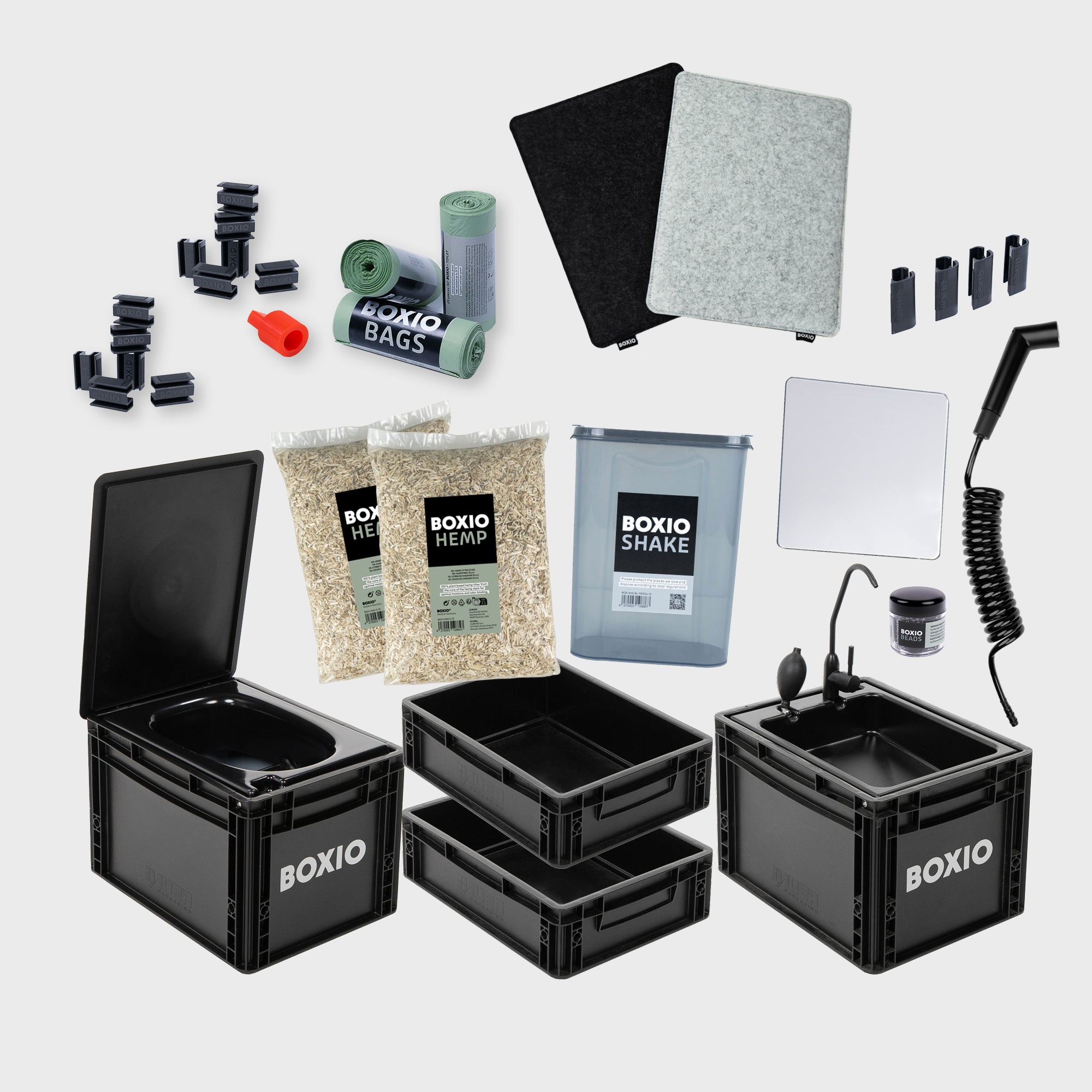
My personal experience report

Working holidays in Australia and working on a farm often go hand in hand for many backpackers. Why? Well, you can earn and save good money and, apart from the money, it's simply an exciting experience and for many it's something completely different. Farm work also counts towards your "88 days", which qualifies you for your "2nd year working holiday visa".
I'll just tell you how I did it with the farm work. Of course, there are several options, but my way worked very well for me.
I arrived in Australia at the end of November 2023 and knew that I would do my 88 days 100% this time and preferably as early as possible so that I wouldn't suddenly run out of time at the end. So as soon as I bought my car and was ready to work and travel, I applied for as many fruit picking jobs as possible. I found most of the job postings on the website backpackerjobboard.com.au, but I was unsuccessful with the applications. In addition to the applications, I also sent one to a so-called "working hostel". To explain, a working hostel is basically a normal hostel where you stay, but they arrange jobs for you so that you can get to work as quickly as possible. It's actually a very cool thing, but unfortunately you have to be careful because there are always hostels that are only out to make a profit and take advantage of backpackers, overpay them, make them wait for work or cooperate with bad farms where backpackers are not treated well. To make sure this doesn't happen to you, I can recommend 2 hostels in Childers. One is the Childers Eco-Lodge, where I stayed for 4 months myself, and the other is Farm Gate Childers, where my sister is currently doing her 88 days.
The farm work itself is often exhausting, but can be done by anyone! Whether young, old, tall, short, male, female, diverse... you know what I mean. Give yourself some time at the beginning to get used to everything. Many arrived from the coast and an absolute dream lifestyle with traveling, surfing and a beach every day in Childers (where it's only 30 minutes to the next beach in Woodgate), got fed up after 1-2 days and left again. Of course, it's different from working in a cafe in Noosa, where everything happens by the sea and there are only like-minded surfing enthusiasts everywhere. But as I said, give yourself time to get used to everything. I would say at least 2 weeks. Of course, it's also a matter of taste, but I really enjoyed the farm work. You work outside all day, are physically active all the time and see the results at the end of the day. But that's coming out of my mouth and before that I spent the last 3 years in an office job struggling with Powerpoints and Excel spreadsheets.
But before you go to the farm, you need a few things, which I have listed here.
-
Long and short-sleeved high-vis shirts (check op stores first before buying new ones)
-
Large water bottle (also check op stores first)
-
Work shoes (the ones from Kmart, Target or BigW will do)
-
sunscreen
-
Cap or hat
BOXIO - COOL PLUS | Passive cool box with ice packs
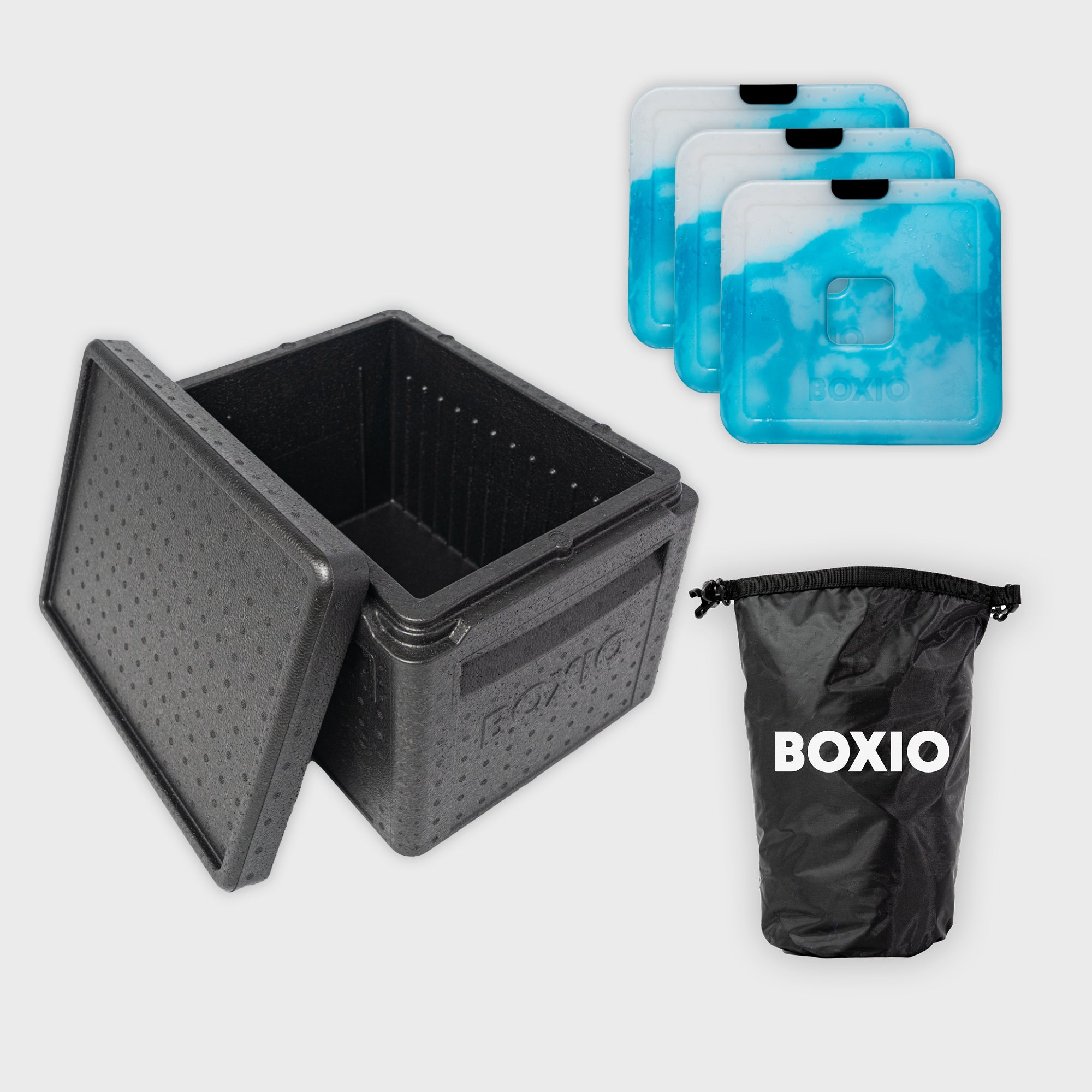
lychees

Anyway, my first farm job was probably the best I could have gotten. Harvesting lychees on Van Rooyen's farm. The Van Rooyen family, husband and wife and 3 sons, the absolutely loveliest people you could imagine as bosses. And what everyone probably wishes for: hard work is appreciated and rewarded. I harvested for all I was worth and was promoted to buggy driver from day 4. In other words, I was still harvesting, but as soon as the trailer was full, I was allowed to drive it to the shed, unload it and fill it up again with empty crates. That gave me a bit more variety and driving the buggies was fun. Apart from that, everyday life is pretty much the same. Harvesting lychees means starting very early, as you can only harvest until 12 noon at the latest, because after that it's too hot and the lychees become too soft and are damaged too quickly. A good working day was from 5:30 a.m. to 12:30 p.m. But I wanted to work even more, so I asked for extra work and got it. This meant that when all the other backpackers went home, I sometimes spent another 4-5 hours cutting trees, weeding or doing other maintenance work. I was also lucky that when the lychee season was over after 4 weeks, I was able to help with the clean-up work on the farm for another whole month. In other words, I had a full-time job from 7 am to 3 pm every day and was constantly doing other jobs. This saved me from having to take on any kind of bridging job until the avocado season.
Avocados

The avocado season started in March. Here, everyday life was a little different again. As long as it wasn't raining, we worked 5 days a week (Mondays to Fridays) from 7 am to 3 pm. The farm (Peirsons Farm) was huge. There were always different sections of tree rows where you first walked through and harvested everything that could be reached from the ground and then you went onto the cherry pickers and harvested the rest from the trees. Proportionally, we were more on the cherry pickers than on the ground, which was also much more relaxed as you don't have to carry a heavy bag, but all the avocados are collected in a basket that was attached to the cherry picker. Again, I was very lucky with the farm. Our manager and supervisor Mick was probably the biggest Aussie I've ever met. Rugby shorts, work shirt, tattered Akubra hat and always up for a pint in the pub. Yes really, every Tuesday night we went to the pub with a few people from the hostel in South Kolan for the best chicken parmis I've ever had. And Mick was there a few times too. The man is an absolute legend.
Conclusion: Farm work
At both farms I was sad when the time was up, but also grateful and happy that I was so lucky. It's always worth working hard and building up a good relationship with the farmers, because that's how you're remembered and you never know if you might need another farm job at some point. And finally, to come back to the "good" fruit mentioned at the beginning: by good I mean everything that grows from belly or shoulder height, such as lychees and avocados, but also mangoes (although the mango juice can sometimes be corrosive) or citrus fruits. Everything that grows on the ground, such as strawberries, potatoes, etc., is harder on the body from the outset. So, keep your eyes open when looking for a job and have fun.
BOXIO TENT | Shower or toilet tent




